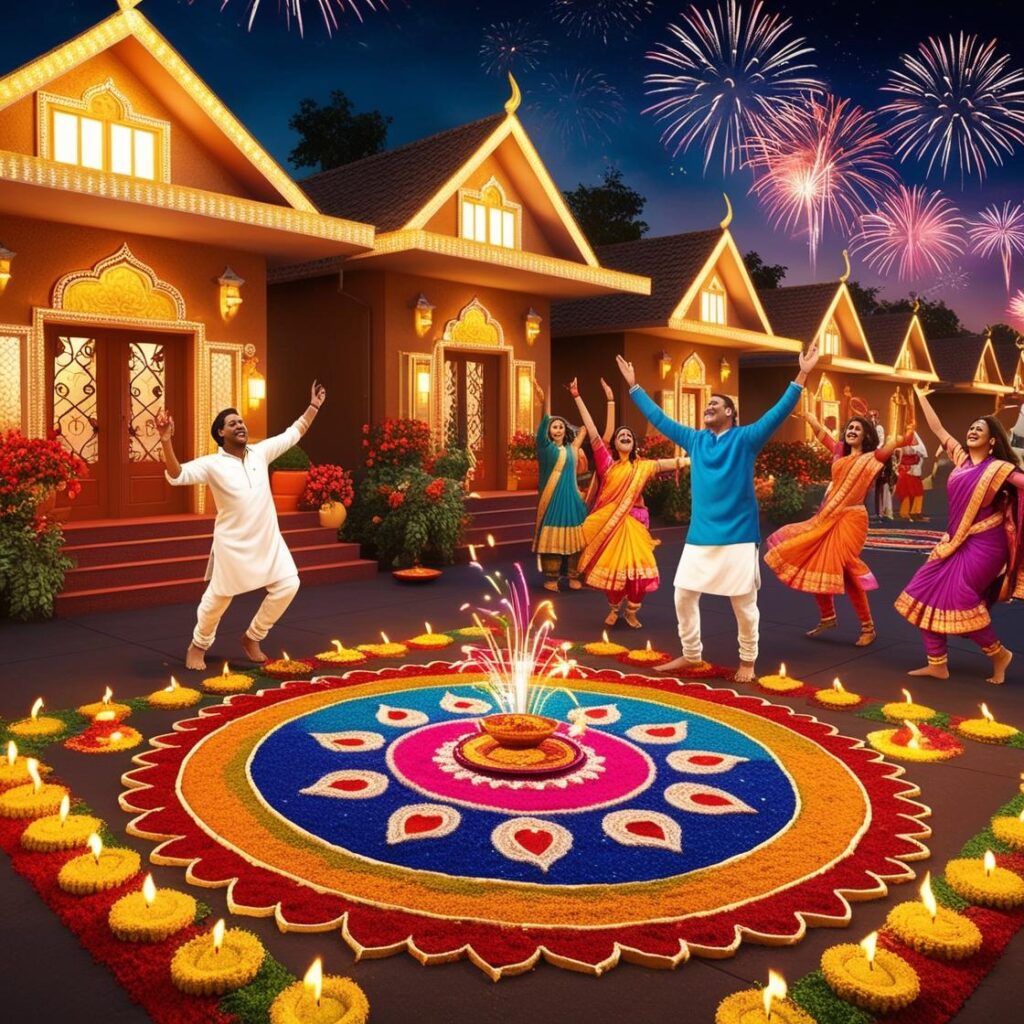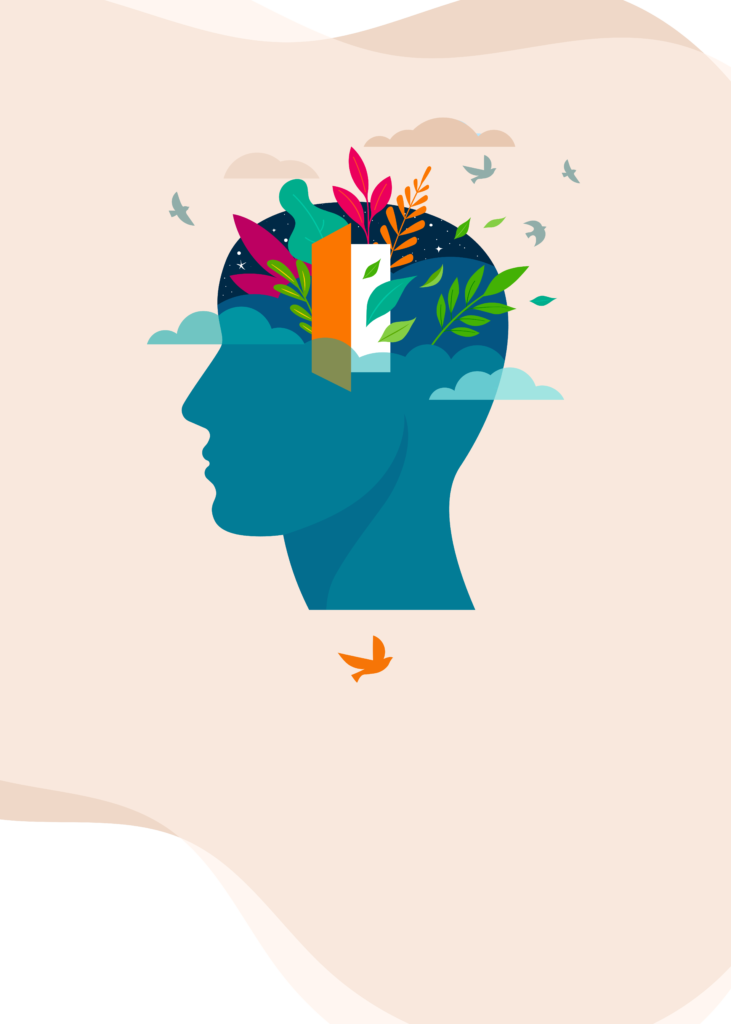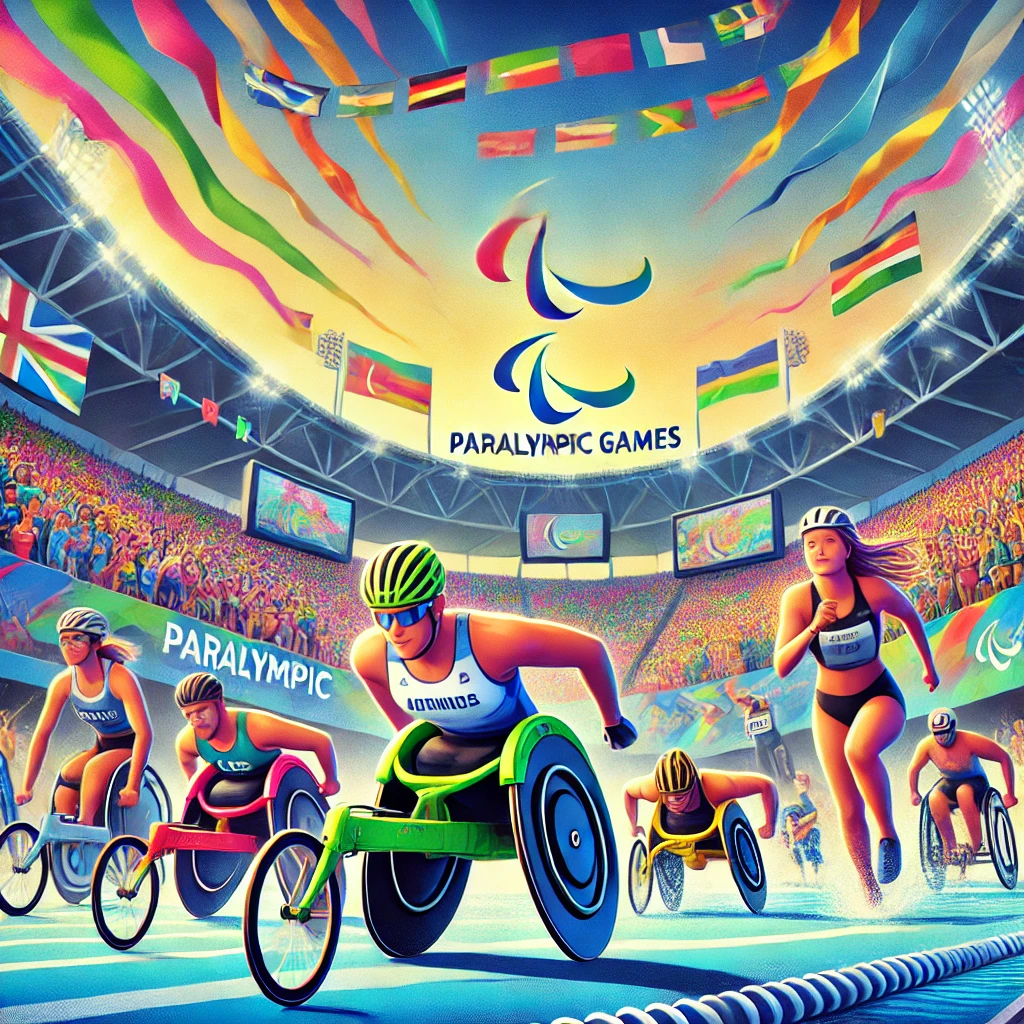
Diwali, also known as Deepavali, is one of the most celebrated festivals in India, symbolizing the victory of light over darkness and good over evil. Known as the “Festival of Lights,” Diwali unites people across religions, regions, and cultures in joyous celebration. Traditionally a Hindu festival, it is now observed by people of various faiths and communities, making it a true reflection of India’s diverse heritage.
Historical Significance
The origins of Diwali are deeply rooted in Hindu mythology. The most widely accepted story behind the festival is the return of Lord Rama to Ayodhya after 14 years of exile, during which he defeated the demon king Ravana. The people of Ayodhya welcomed him by lighting oil lamps, signifying the triumph of good over evil and hope over despair. This tradition of lighting lamps, known as “diyas,” continues to be a core part of Diwali celebrations.
Apart from the Ramayana, Diwali has other religious significances as well. In North India, the festival is associated with Lord Rama, but in other parts of India, different stories are told. In Gujarat, Diwali marks the new year and the worship of Lakshmi, the goddess of wealth. In Bengal, it is associated with the worship of Goddess Kali, who represents strength and the destruction of evil. In Sikhism, Diwali is significant because it marks the release of Guru Hargobind Ji, the sixth Sikh Guru, from imprisonment by the Mughal Emperor Jahangir. Jains also celebrate Diwali to commemorate the day Lord Mahavira, the last Tirthankara, attained Nirvana.
Each of these narratives adds layers of meaning to the festival, underscoring themes of renewal, freedom, and prosperity that are celebrated across the country in unique ways.
Modern-Day Celebrations
Diwali is a multi-day festival that is typically observed over five days, each with its own significance. The first day, Dhanteras, is dedicated to cleaning and purchasing precious items, symbolizing prosperity and good fortune. The second day, Naraka Chaturdashi or Choti Diwali, commemorates the slaying of the demon Narakasura by Lord Krishna. The third day, Amavasya, is the main day of Diwali, dedicated to the worship of Goddess Lakshmi. The fourth day, Govardhan Puja, celebrates Lord Krishna’s lifting of Govardhan Hill to protect his devotees. The festival concludes with Bhai Dooj, a day that honors the bond between brothers and sisters.
Modern Diwali celebrations are a blend of traditional rituals and contemporary festivities. People decorate their homes with rangolis, intricate designs made of colored powders or flowers, and adorn them with twinkling fairy lights. Diyas and candles are placed in homes and temples to ward off darkness and bring in positive energy. Fireworks are a popular way to celebrate, though concerns about pollution have led to increased awareness about the environmental impact of traditional fireworks. Many now opt for eco-friendly or quieter celebrations to balance tradition with modern concerns.
Shopping and gift-giving are major parts of Diwali, as people buy new clothes, sweets, and gifts for family and friends. Exchanging gifts symbolizes goodwill and fosters a sense of community. Special meals and sweets, like laddoos, barfis, and jalebis, are prepared and shared, making Diwali a time for culinary indulgence.
In the workplace, Diwali has also become a popular occasion for companies to show appreciation to their employees and clients. Offices are decorated, and bonuses or gifts are distributed, fostering a sense of camaraderie among colleagues. Schools and colleges often hold cultural programs where students perform traditional dances, songs, and plays, bringing the spirit of Diwali to campuses.
In recent years, the festival has even gained international recognition, with iconic landmarks around the world, such as the Empire State Building in New York and the London Eye, being lit up to mark Diwali. Celebrations in the Indian diaspora have helped Diwali become a global festival, showcasing Indian culture and traditions worldwide.
Conclusion
Diwali continues to be a time of joy, togetherness, and spiritual reflection, drawing from its historical roots while evolving with the times. Whether celebrated with traditional rituals or modern adaptations, Diwali brings people together in the spirit of love, light, and hope. The festival serves as a reminder of life’s positive values and the importance of family, friendship, and unity.



